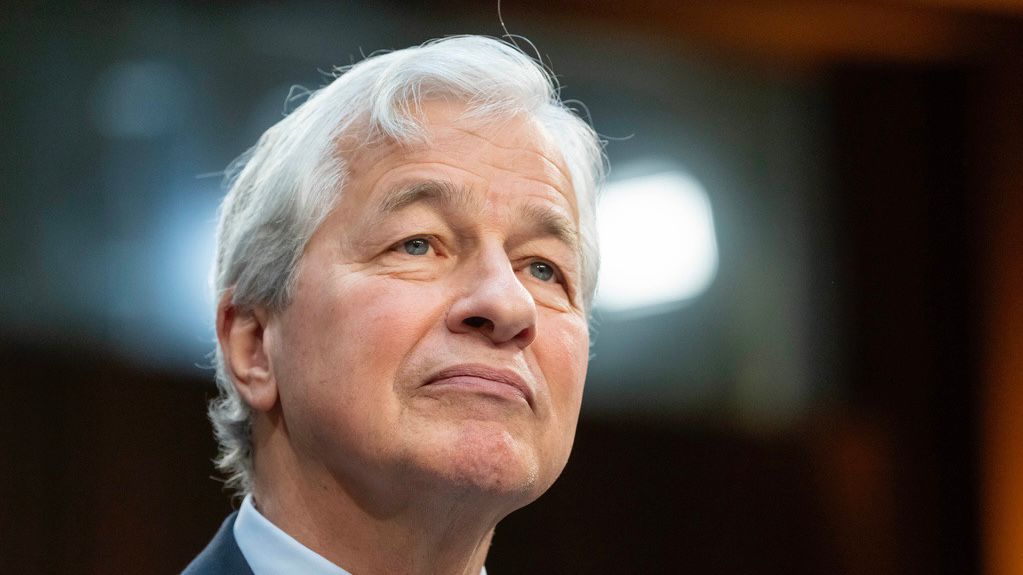JPMorgan CEO Jamie Dimon says stagflation could be one of a number of possible outcomes for the U.S. economy as the Federal Reserve attempts to tame stubbornly high consumer prices.
In an interview with The Associated Press at a Chase branch opening in The Bronx, Dimon said he remained “cautious” about the U.S. economy and said inflation may be stickier for longer and that “stagflation is on the list of possible things” that could happen to the U.S. economy.
“You should be worried about (the possibility of stagflation),” Dimon said.
Dimon did emphasize that he's still “hopeful” for the U.S. economy to experience a soft landing, where growth slows but the economy avoids a recession even if inflation remains a little high, but he's not certain it's the most likely outcome.
“I'm just a little more dubious than others that a (soft landing) is a given,” he said.
The Fed rapidly raised interest rates in 2022 and 2023 after inflation reached the highest level in four decades. Fed officials have indicated they expect to begin lowering rates at some point, but the timeline has been pushed back as inflation remains well above the central bank's target rate of 2%.
Dimon spoke to the AP on a range of issues, including the independence of the Federal Reserve, the health of the U.S. consumer, the need for banks to open branches and the pressing geopolitical issues of the day.
Inflation has been stubbornly elevated so far this year, and a report Thursday showing growth slowed in the first three months of this year fanned fears of “stagflation,” which occurs when the economy is weak, or in recession, yet prices keep moving higher. It’s a particularly miserable combination of economic circumstances, with high unemployment occurring along with rising costs. Typically, a sluggish economy brings down inflation.
Stagflation last occurred in the 1970s, when conditions were far worse than today. In 1975, for example, inflation topped 10% while the unemployment rate peaked at 9%. Inflation is now 3.5% and unemployment just 3.8%, near a half-century low. If stagflation did occur, Dimon said he believes it would not be as bad as it was in the 1970s.
Fears of stagflation eased Friday after a government report showed consumer spending stayed strong in March, suggesting the economy will keep expanding at a solid pace in the coming months.



